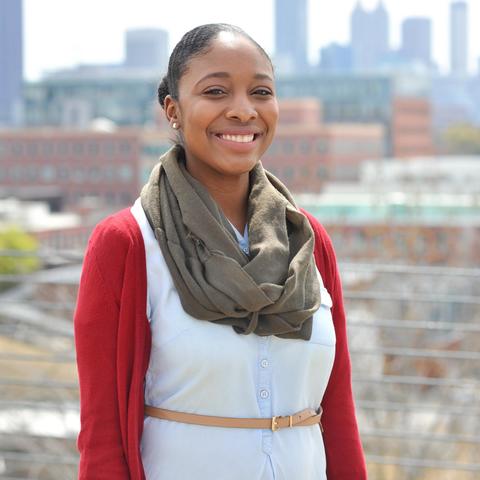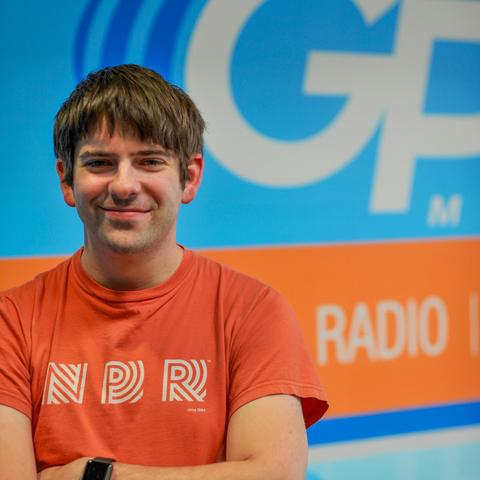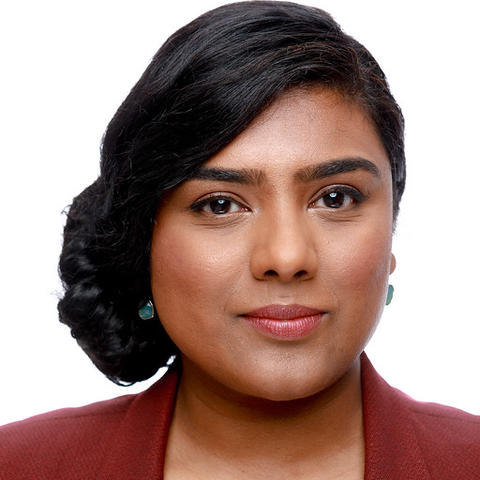Section Branding
Header Content
On Second Thought For Friday, June 22, 2018
Primary Content
Georgia has the nation’s third largest rural school population, but less than 30 percent of those students attend a big college or university. Part of the explanation is that students from rural areas are more likely to come from low-income households, and transitioning from a small town to a big city can both be daunting and financially nerve-racking for students thinking about college. We talked to Marjorie Poss, a guidance counselor at Pickens High School, about why students decide to stay close to home and how these fears can be overcome. We also spoke with Hannah Velcoff, a student who made the leap from Dawson County to New York University.On Second Thought for Friday, June 22, 2018.
For the last five years, Georgia State University has awarded more bachelor's degrees to African-Americans than any other nonprofit college or university in the country. Serving more than 40,000 undergraduates — GSU became the state's largest university in 2015, when it merged with Georgia Perimeter College — the university has also brought up its graduation rate by more than 20 percent since 2003. So how did GSU get to be a paragon of personalizing education for all students? We spoke with GSU academic adviser Chris Almond and his former advisee Keandris Cousin to find out. Lindsay Page, an assistant professor at the University of Pittsburgh School of Education, also joined to explain how an artificially intelligent chatbot helped curb a phenomenon called "summer melt."
One-third of today's college students are the first in their families to enroll in college, according to the U.S. Department of Education. But first-generation college students often encounter greater financial hardship, overwhelmingly bureaucratic paperwork and the difficulty of navigating an environment with which they perhaps don't have much familiarity. To learn more about first-generation college student experiences in Georgia, we spoke with three people who attended Georgia schools.





